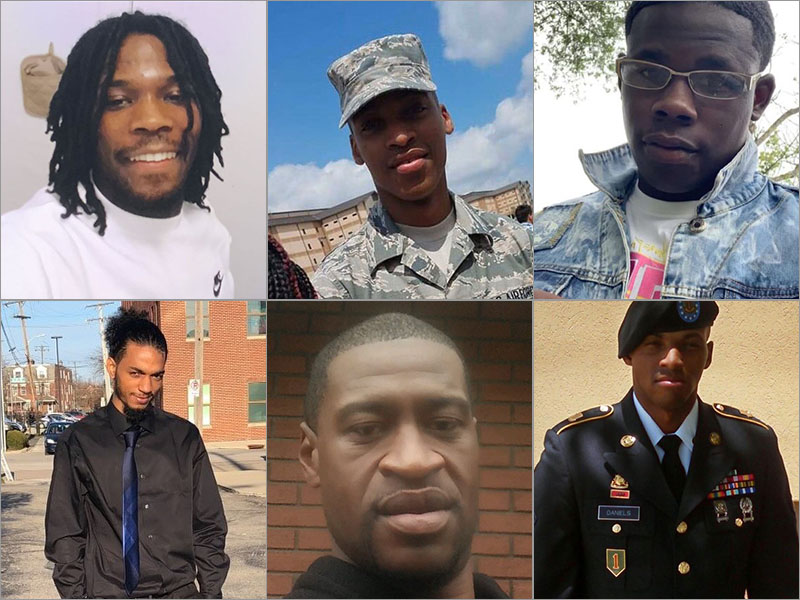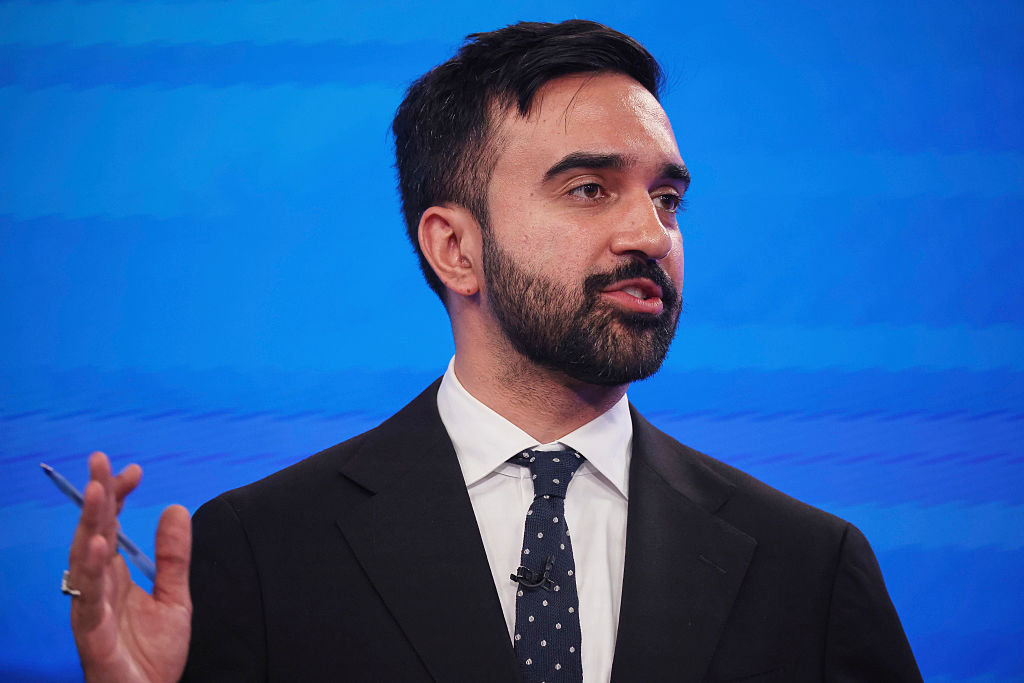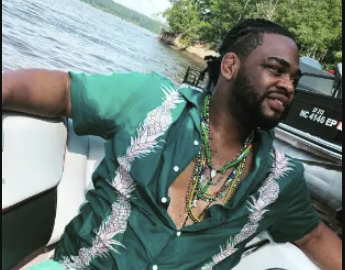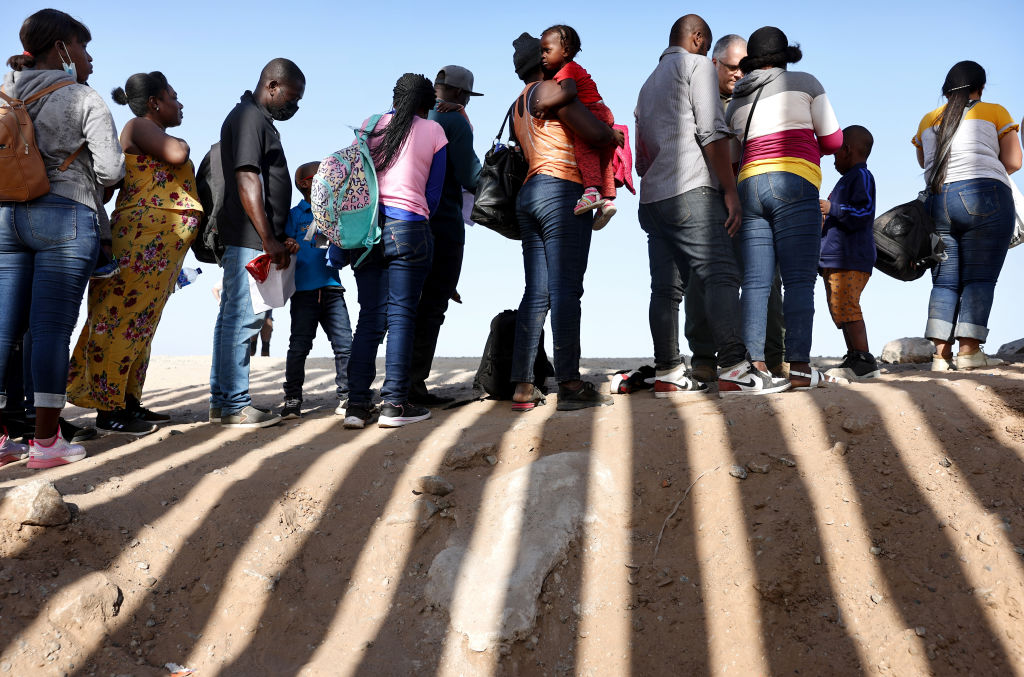Tyre Nichols Death: When Black Cops Uphold White Supremacy
Tyre Nichols’ Death Shows Black Cops Can Also Be ‘Faces Of White Supremacy’
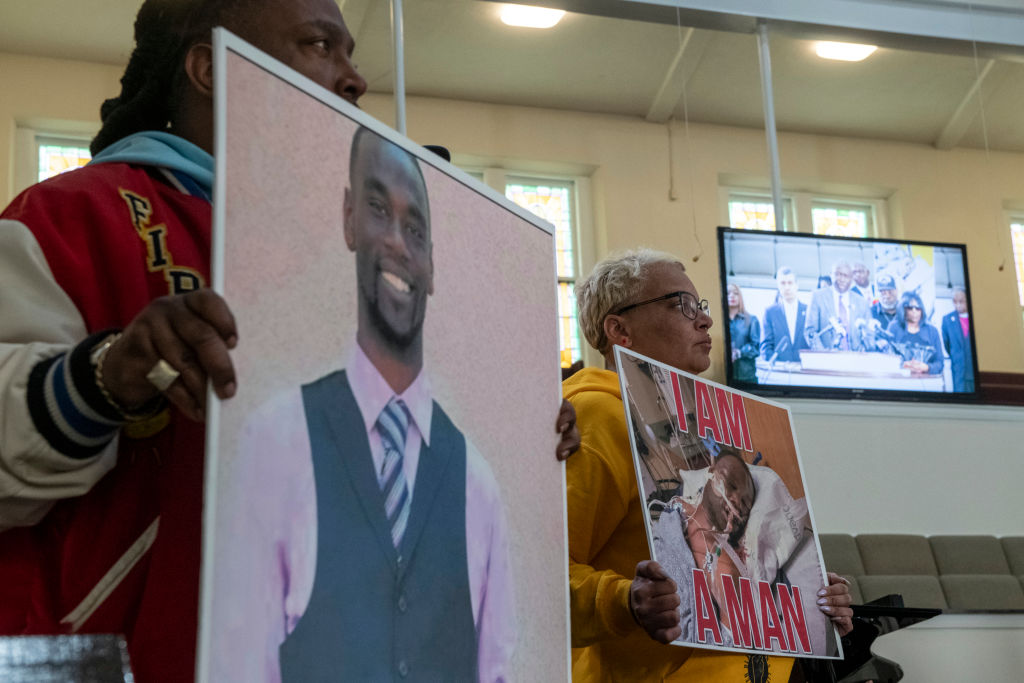
Source: The Washington Post / Getty
Five Black officers on a police force that is majority Black, in a majority Black city, brutalized Tyre Nichols leading to his death. For some people, it is easier to articulate the issues of systemic racism and white supremacy when the perpetrators are white. But the fact that the officers were Black doesn’t change the underlying problems of policing, brutality and white supremacy.
When people talk about white supremacy being at the root of these incidents, it’s about the systemic dehumanization of people that can be learned and socialized into any group regardless of race. In the context of institutions, white supremacy describes a system of power that dictates values, norms and standards of behavior and how to relate to others.
The culture and practice of policing in America are inherently racist
The practices often involved in policing are focused more on predominantly Black or low-income communities. Black officers, like their counterparts, are often socialized into a departmental and professional culture that tends to treat Black people as inherently less valuable and prone to criminality.
For anyone saying this was about abuse of power and not race, the disproportionate brutality inflicted upon Black people doesn’t become less racist because of the race of the officers. The system of policing in this country treats Black people like they are less worthy of humane treatment in the eyes of many in law enforcement. Policing is the problem.
Founded in 1827, nearly 40 years before the end of American slavery, the Memphis Police Department is not better for Black residents because of the Black officers on the force. Despite a force that is approximately 50% Black, Black residents are still more likely to experience aggressive police tactics.
Data from Police Score Card noted that of the arrests made between 2013 and 2021, the majority were for low-level, non-violent offenses. The overwhelming majority of those arrested were Black. Black people are not inherently more criminal than their white counterparts.
And yet institutional practices and informal procedures are disproportionately targeted at Black and Latino people. White cops, like the ones in St. Louis who brutalized an undercover Black officer, have blamed police culture for their harsh treatment of Black people. Black officers are socialized and trained within the same culture that devalues Black life.
Whether it’s “broken windows” policing or surveilling attendees in Harlem leaving a Drake performance, the system of policing is itself ingrained with white supremacist thinking and approaches that harm marginalized communities.
As professors, Alex Vitale and Jennifer Cobbina wrote for The Crime Report, “these communities are experiencing the criminalization of racialized poverty, not the implicit bias of a few white police officers.”
Diversifying a problematic institution doesn’t make it less of a problem
While some data suggests increasing diversity can lead to fewer stops and negative interactions with police, other analysis points to the limitations of such conclusions. Cobbina and Vitale pointed out that research on the issue is mixed, with little meaningful analysis of persisting issues with discrimination.
“A 2017 Indiana University study did find some modest reductions in police killings related to increased diversity, but only in a very small number of big-city departments; the rest of the departments in the study showed worse outcomes as diversity increased, wrote Cobbina and Vitale. “Some studies show that Black police officers may be more likely to discriminate against Black civilians.”
Speaking with a local Memphis news outlet during a February 2022 interview, Rhodes College professor Duane Loynes Sr. echoed the sentiments.
“Here’s a dirty little secret: studies indicate that black officers are just as brutal and at times even more brutal against black bodies as their white counterparts,” Loynes said. “If a system is problematic. It doesn’t matter who you plug into the system; you’re going to get the same result.”
Police unions also play a significant role in blocking meaningful changes to policing and demands of accountability. All the diversity in the ranks won’t make a difference as long as an entity is allowed to obstruct process and accountability without impunity.
Another consideration is that Black officers may feel obligated to fit in and prove that they are “blue” first, no matter what. Unfortunately, with the way police unions and related institutions treat the activities of those “in blue,” it is unsurprising that Black officers would themselves engage in reprehensible behavior leading to the death of another Black person.
Proponents of police reform will say that the system needs to be fixed and assert that increasing diversity will improve outcomes. But simply changing the players, without changing the rules or board, doesn’t change the game. Black officers, whether leadership or rank and file, are going into a system with ingrained attitudes against Black people. There’s no best scenario for brutality.
In a 2022 interview with The Century Foundation, Vitale explained that the studies show minimal improvement and generally have little impact on police misconduct.
“There are a few studies that show that under very specific kinds of circumstances (which mostly can’t be replicated), there are some improvements in police conduct,” Vitale said. “But for the most part, the evidence hasn’t shown meaningful improvements in police conduct as a result of increased diversity.”
SEE ALSO:
Tennessee Cops Were Fired Faster For Consensual Sex Than Police Who Shoot Black People
Cleveland Cop On Video Kicking Kneeling Black Man Stays On Police Payroll
